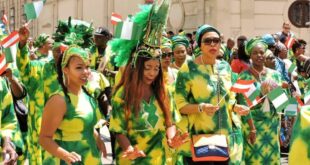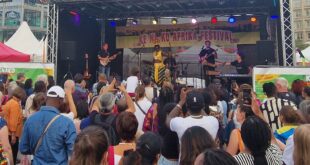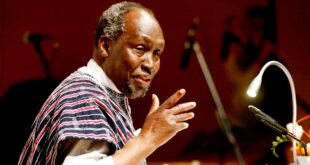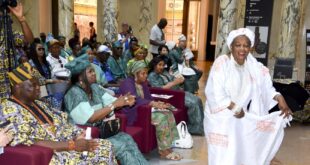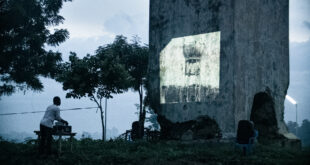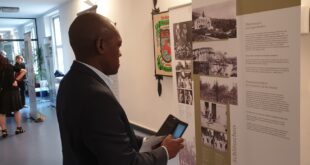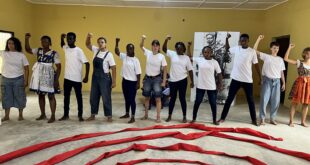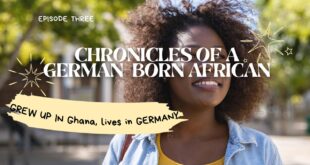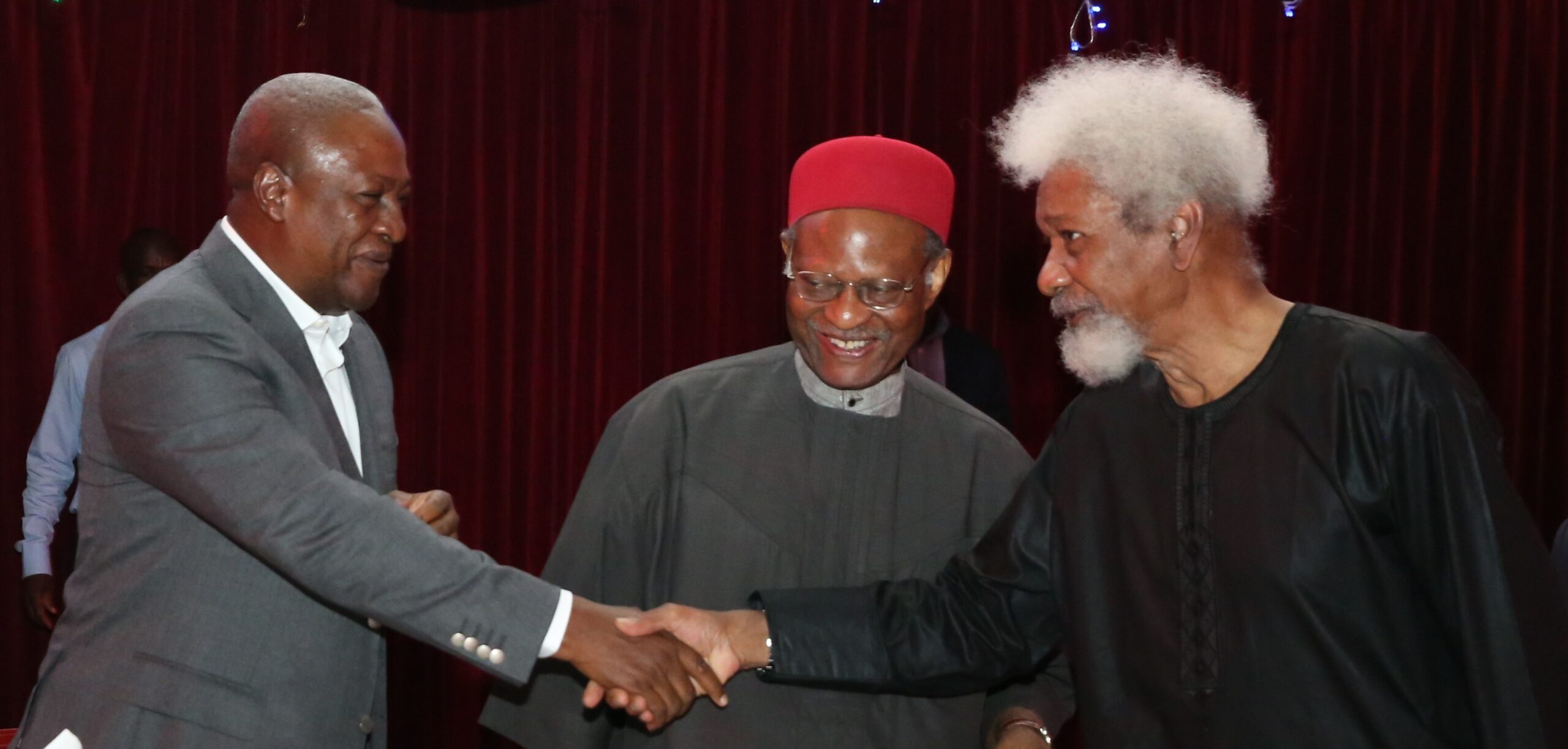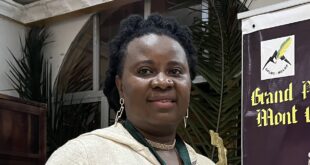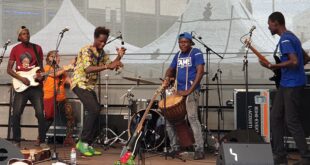School teacher Christine List writes on her experience taking her pupils to the African past in a literature class. The high school students read Chinua Achebe’s Things Fall Apart for the project. List narrates her pupils’ mixed impressions of the literary voyage
It had been four weeks since the students have been studying Africa in their geography project. During the course of this project, they examined the geographical data, the topography and the geological wealth of this mighty continent, and had simultaneously discovered that they themselves were also “African” in many ways.
It was not only the daily contact with Africa through the consumption of many African products such as cocoa, peanuts, etc. but also the parallels which they had discovered between themselves and African youth and their school life, that slowly led the German pupils to develop a certain affinity to a continent which, until recently, had been very alien to them.
As their guide and teacher, I noticed how they were increasingly curious to know more about a fascinating world that they had only been introduced to through a media which emphasised negative aspects such as disease, epidemics, wars and natural catastrophes. Having tasted the apple of knowledge, they now wanted more.
So I decided to have them read African literature during their German literature class. Hadn’t I been taught at the university that “the teacher should pick up the students at the point which they are”? Mine were indeed standing at the junction of the “path of knowledge”.
So we began our imaginary trek with Chinua Achebe’s famous novel “Things Fall Apart” (German edition: Okonkwo oder Das Alte stürzt), even as I was very aware of the fact that this wouldn’t be an easy stroll. I was expecting resistance at one point or another, and resolved not to project unduly high expectations towards the young people. After all, they were 10th year pupils of a high school with little experience in literature.
As I had expected, the path was very stony at the beginning and the young readers kept stumbling. They found the many metaphors and images that they needed to interpret in order to understand what they were reading, very strange.
Moreover, the very differentiated and therefore, strange rhythm of the language, rendered them out of breath during the reading of the first few chapters. So instead of talking about the content, we first had to discuss the style.
However, during the discussion, the pupils soon realised that with his style of narration, Chinua Achebe conjures up images, even film sequences, in the minds of his readers, and one must only open one’s mind to understand them. I realised how the barriers were breaking down and when one student asked if the author had experienced all of this himself because he told his story so emphatically and vivaciously, I knew that our expedition on the path of knowledge would not be in vain.
Within a time span of three weeks, we read the story of Okonkwo and the encounter of his village with the Europeans. Twice a week, we discussed the chapters we had read, talked about the contents, or tried to find explanations for any passages that the students hadn’t understood. At the same time, the students had been given the assignment to write a diary in which they documented what had impressed them most or what they had learnt about the Ibo culture. They were also encouraged to comment upon their entries as often as possible.
One student wrote the following about the first chapter: “We already get to know in the first chapter that the Igbos are a people that lead a very social life. Every individual was responsible for everyone else in the tribe. Every misdeed could have an impact on the rest of the tribe. The Igbos were also a very religious tribe. When they visited each other, they had fixed customs and practices that everyone respected and followed. These people were also very hard-working and fair, because they farmed their fields very well. As I read this chapter, I realised how social these African people were, and how self-absorbed and egotistical many people here are.”
Later, the same student expresses her surprise about the rules and regulations that she cannot understand. For example, the solution of a conflict between the villages Mbaino and Umofia that had originated from the murder of a man’s wife from Umofia – to prevent a war, “… an old custom was applied, determining the murderer’s village to give the other village a virgin girl and boy to make up for the sad loss. The girl was given as a compensation for the murdered wife, the boy’s fate was to be decided later …”
In her comment the student writes: “While reading I noticed I could easily put myself into the situation and understand the decisions and customs, that is, I can make sense of them. On one hand, I am very impressed that the Igbos take all possibilities into account in order to prevent themselves from going to war, but on the other hand I can’t accept that innocent children are punished for something they don’t really have anything to do with.”
She also expresses her failure to understand how women are ill-treated, and juxtaposes this with the life of the Igbos that is usually strongly influenced by morality and piety.
“… The Yam festival was held every year before the yam harvest. That is how the Igbos were honouring their ancestral spirits and of course the earth goddess. The festive meal was composed of fufu, yams and vegetable soup. However, the yams could not be eaten before the honoured ones had received their share. As we celebrate New Year’s Eve, the yam festival marked the beginning of the New Year for this West African people. Okonkwo didn’t like these festivals and had accumulated a great anger within himself …”
He vented his anger by taking the opportunity to beat up his second wife when he noticed that some leaves were missing on a banana tree. When he wanted to go out to hunt after that, his first wife made a disdainful remark about his hunting abilities. Boiling with rage, Okonkwo shot at her, but luckily, he missed.
The student comments on this: “I am very impressed by the Igbo’s reverence for their gods and by the fact that they celebrate real festivals for them. However, what I don’t understand is that no one says anything when a woman is beaten or even almost shot dead by her husband. After all, these people are very social and ethical.”
The students compared the description of a trial with our modern trials in court and realised that again, the ancestral spirits were asked for advice and always delivered very ballanced judgements. “The Egwugwu can possibly be compared to the judges we have today.”
When at a funeral, a shot fired from Okonkwo’s gun by mistake kills a boy, Okonkwo is suitably punished, and his family is banned from the village Umofia for seven years. All his belongings are also destroyed. Okonkwo’s family moves to his mother’s village where they receive a friendly welcome.
A student commented on this: “I thought what it would be like among relatives today, if someone came over with their whole family and wanted to be given shelter. I have the impression that the Igbos were more caring about each other because they could only survive in a community. Today, all we need is money…”
Translated by Ekpenyong Ani
 THE AFRICAN COURIER. Reporting Africa and its Diaspora! The African Courier is an international magazine published in Germany to report on Africa and the Diaspora African experience. The first issue of the bimonthly magazine appeared on the newsstands on 15 February 1998. The African Courier is a communication forum for European-African political, economic and cultural exchanges, and a voice for Africa in Europe.
THE AFRICAN COURIER. Reporting Africa and its Diaspora! The African Courier is an international magazine published in Germany to report on Africa and the Diaspora African experience. The first issue of the bimonthly magazine appeared on the newsstands on 15 February 1998. The African Courier is a communication forum for European-African political, economic and cultural exchanges, and a voice for Africa in Europe.


